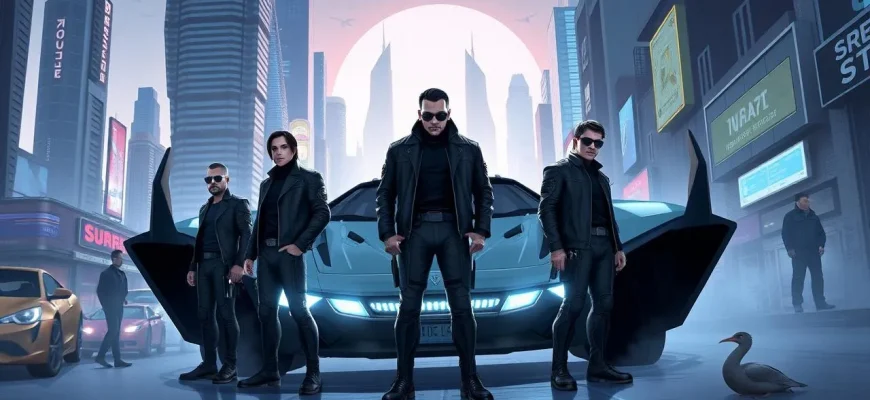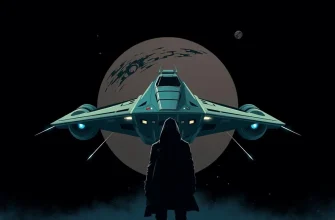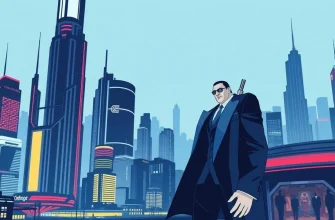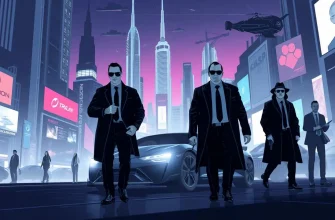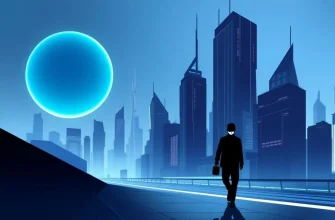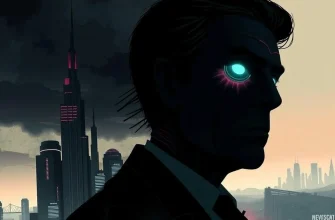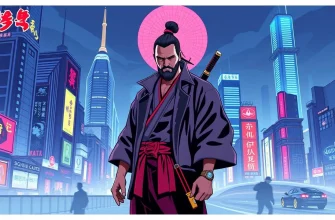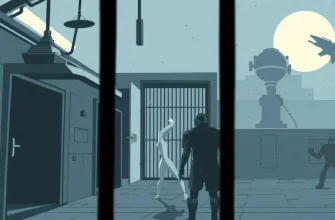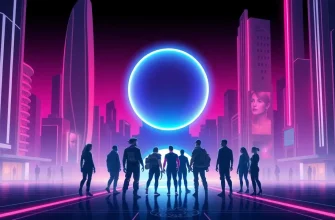Welcome to a thrilling cinematic journey where the realms of science fiction and the gritty world of drug lords collide. This curated list of films offers an intriguing mix of futuristic settings, advanced technologies, and the timeless allure of power and control in the drug trade. Whether you're a fan of dystopian landscapes, cyberpunk aesthetics, or simply love a good crime saga with a twist, these movies provide a fresh perspective on the classic drug lord narrative, all set against the backdrop of speculative futures.

Brazil (1985)
Description: This dark comedy-dystopian film features a bureaucratic nightmare where a man's life spirals out of control due to a bureaucratic error, leading him into the world of underground resistance and illegal activities, including drug use.
Fact: The film was initially released in a heavily edited version in the U.S., but director Terry Gilliam's original cut is now widely available.
 Watch Now
Watch Now 
The Matrix Reloaded (2003)
Description: While not directly about drug lords, the Matrix series features a virtual reality where control over humans is akin to the control drug lords exert over their territories. The sequel delves deeper into the themes of control and power.
Fact: The film includes one of the most expensive car chases ever filmed, costing around $6 million. The highway sequence was shot on a specially constructed set.
 Watch Now
Watch Now 
Equilibrium (2002)
Description: In a totalitarian society where emotions are outlawed, citizens are forced to take a drug called Prozium to suppress feelings. The film explores themes of control, rebellion, and the black market for emotion-inducing substances.
Fact: The film was inspired by Ray Bradbury's "Fahrenheit 451" and George Orwell's "1984," blending elements of both into its narrative.
 Watch Now
Watch Now 
The Island (2005)
Description: In a seemingly utopian facility, clones are raised to serve as organ donors for their human counterparts. The film touches on themes of control, freedom, and the black market for human parts, akin to drug trafficking.
Fact: Michael Bay directed this film, and it features one of the most elaborate chase sequences involving futuristic vehicles.
 Watch Now
Watch Now 
A Scanner Darkly (2006)
Description: Based on Philip K. Dick's novel, this animated film explores a future where drug addiction and surveillance are rampant. It's a deep dive into the psyche of a drug user and the undercover cop trying to infiltrate the drug world.
Fact: The film uses rotoscoping, a technique where live-action footage is traced over to create animation, giving it a unique visual style.
 Watch Now
Watch Now 
Repo Men (2010)
Description: In a future where artificial organs are available on credit, repo men repossess organs from those who default on payments. This film explores themes of corporate control and the black market for organs, akin to drug trafficking.
Fact: The film's original ending was much darker, but it was changed for a more hopeful conclusion.
 Watch Now
Watch Now 
Dredd (2012)
Description: In a dystopian future, Judge Dredd, a law enforcer with the power to act as judge, jury, and executioner, battles a drug cartel in a massive, self-contained city block. The film's unique setting and the drug 'Slo-Mo' make it a standout in this genre.
Fact: The film was shot in 3D to enhance the visual effects of the drug 'Slo-Mo', which slows down time for the user. The movie was also praised for its faithful adaptation of the original comic book.
 Watch Now
Watch Now 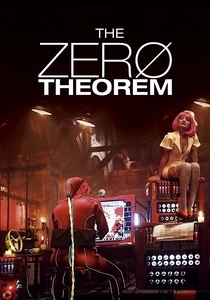
The Zero Theorem (2013)
Description: In a world where corporations control everything, a reclusive computer programmer is tasked with proving the zero theorem, which could prove the meaninglessness of life. The film touches on themes of control, isolation, and the drug-like escapism of virtual reality.
Fact: The film was directed by Terry Gilliam, known for his unique visual style and dystopian themes, making it a fitting addition to this list.
 Watch Now
Watch Now 
Strange Days (1995)
Description: Set in the last days of 1999, this film features a black market for recorded memories, which can be experienced through a device called SQUID. It delves into themes of voyeurism, control, and the dark side of technology.
Fact: The film was directed by Kathryn Bigelow, who later won an Academy Award for Best Director for "The Hurt Locker."
 30 Days Free
30 Days Free 
Altered Carbon (2018)
Description: In a future where consciousness can be transferred between bodies, the series explores themes of immortality, identity, and the underworld of body trafficking, which parallels drug trafficking in its control and exploitation.
Fact: The series is based on Richard K. Morgan's novel of the same name, and its visual style was heavily influenced by cyberpunk aesthetics.
 30 Days Free
30 Days Free 
